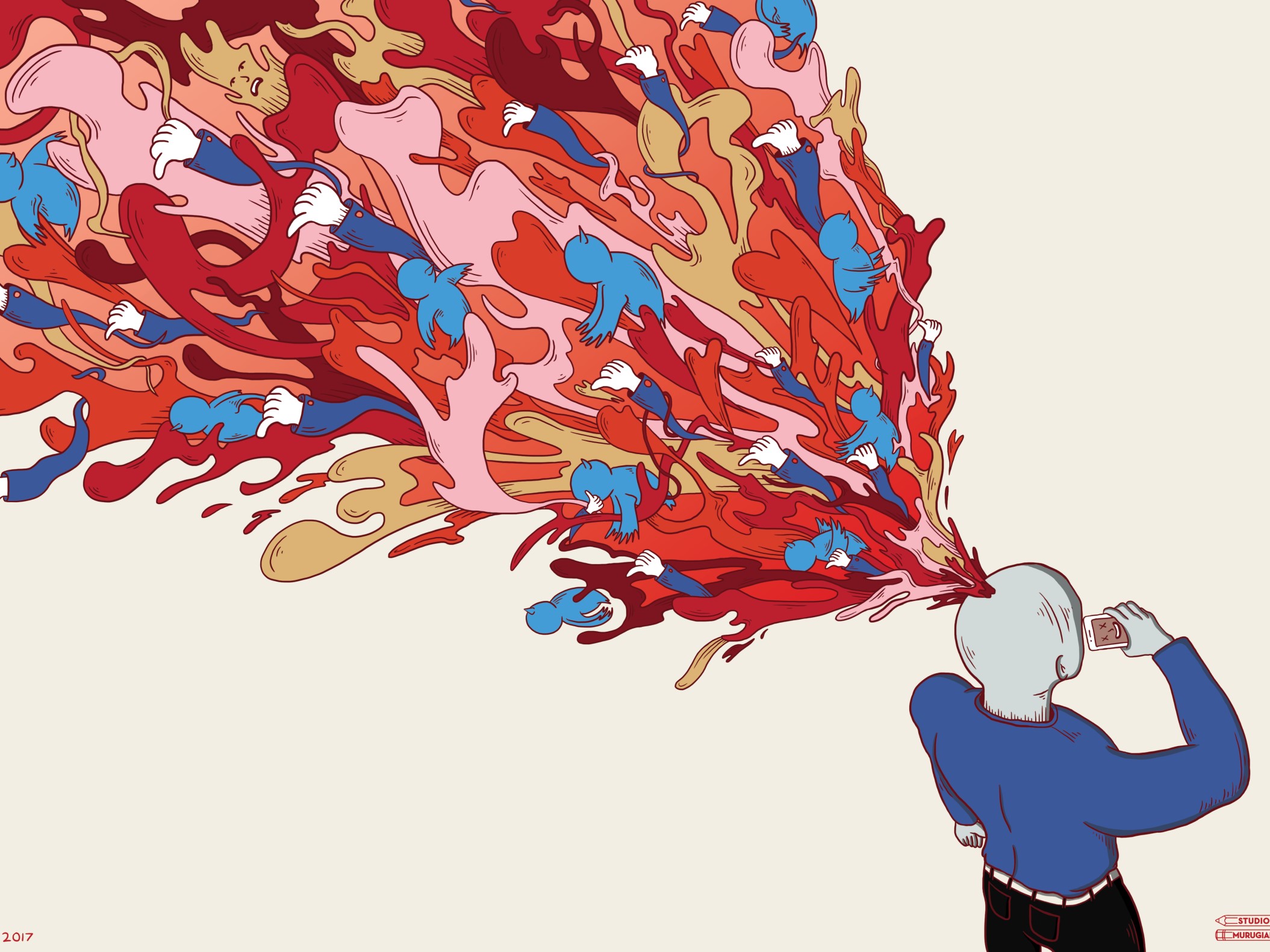Pete Davidson and I have had a bit of a rocky history. It began the way most relationships do: with the infatuation period. Davidson started out on “Saturday Night Live” as a baby-faced 20-year-old in 2014, and I was charmed. Even though he was merely a background player for the beginning of his career on the show, I made sure not to miss an episode of “SNL” in hopes that he would pop up in his “Pete Davidson on” Weekend Update segment.
For my birthday, my friend bought us tickets to see “The Prehab Tour,” Davidson’s stand-up comedy tour in the summer of 2016. The show had me laughing to the point of streaming tears and painful stomach cramps multiple times, and only solidified my love for Davidson.
And then he began his whirlwind romance with Ariana Grande. This is not an article about them (although I feel as though I could fill a novel with my opinions on it), but I began to view Davidson in a different light. I felt as though the infatuation phase was wearing off, and I was seeing an unfiltered side to him that I had not known previously. Although I was familiar with his use of dark humor for comedy, I found some of his comments to be problematic, and they just kept arising.
Most have heard news of his breakup with Grande and all the drama that followed, but I do not think anyone was prepared for Davidson’s recent public cry for help on social media. Despite originally loving Davidson for his openness about his struggle with mental issues and ability to find humor in the darkness, I found myself having mixed feelings about the action.
On one hand, this was an individual I had been a diehard fan of in the past, and I cared immensely about his well-being. The panic that I felt when I first read his distressing words was raw and immediate, but I failed to consider a very important issue. Once a day had passed and there was confirmation that Davidson was okay, I still felt it but just couldn’t put a name to the sensation. Was it anger, annoyance, confusion or a mix of all three?
Then I saw the word I was looking for buried among the tweets on my Twitter timeline: manipulation.
https://twitter.com/caitsimpx/status/1074027963694362624
Thus, began an internal (sometimes external, if you count the numerous times my roommate and I have dissected this), battle with myself that is still occurring. Are public cries for help on social media classified as manipulation? Is it the act of expressing suicidal intention or is it the language used, like Davidson saying, “just know I told you so”? There is a lot to unpack, and even after in-depth analysis, there is no easy answer.
Davidson has borderline personality disorder. As with any mental illness, BPD can prompt the individual affected to participate in mentally unhealthy behaviors. Is Davidson responsible for his actions, or should his disorder take the blame? It’s a blurry line.
When researching for an answer to this question, I relied on the stories of everyday people who had a loved one with a mental illness and felt manipulated. I combed through anecdotes of domestic abuse, which the partners blamed on mental illness. I read through stories, in horror, where partners incessantly threatened suicide should their partner leave them, only to apologize after and explain their actions were the working of their mental illness.
You can see why this is incredibly difficult to assess. The people sharing their stories are recounting situations of unarguable physical and mental abuse. It is easy to view their loved ones as the monsters in these scenarios, but when they add the reasoning of mental illness in the mix, the line begins to waver. If the chemicals in their brains are making them behave horribly to their partners, are they the ones going through with the abuse, or is it the illness talking?
I have used Twitter to read both sides of this argument, as I find people to be the most open on this platform in comparison to others. Because of the open nature, Twitter is also a location where this emotional manipulation can manifest. When considering Davidson’s message on social media and whether it was intentionally harmful, I thought immediately of a distressing viral tweet I came across months prior.
One Twitter user stated that for every like and/or retweet she received, she would go one day without self-harming. To my horror (and my roommate’s), the tweet had over 70k likes. I was appalled; this was incredibly manipulative and attention-seeking. At the basic level, you should feel sympathetic to a self-harming individual and desire their safety. However, tweeting at your followers that you will self-harm if they do not like your post is an entirely different story. She was worrying the hundreds of thousands of Twitter users who came across that post on social media when she could have focused that effort on receiving help in a healthier way.
This tactic of putting out public cries for help on social media in unhealthy ways make individuals feel responsible for the person in need. I believe it is necessary to be open with others about your mental health, but I have only found it to be crucial when it is being shared with close friends, family or mental health professionals.
The best way this confusion can be summed up is through this simple tweet:
recognizing pete davidson has a mental illness while also realizing it doesn’t excuse emotional manipulation pic.twitter.com/eQxCMhWruL
— k (@gayglxzed) December 16, 2018
You can feel sympathy for an individual who is suffering from a mental disorder, but also find their behavior to be unhealthy and harmful to others around them. Putting others in these stressful scenarios and making them feel as if they can help who lives or dies can result in people developing their own mental illnesses, such as PTSD from a traumatic event or relationship where behavior like this is common.
At the end of the day, I will always care for Davidson and others who publish their suicidal ideation on social media. Being wracked with suicidal thoughts is a massive burden and can make the individuals living with it behave erratically. However, with the rise in this tendency of sharing plans to self-harm on social platforms, it is essential to remind ourselves that it can be just as much harmful as it is helpful.
















